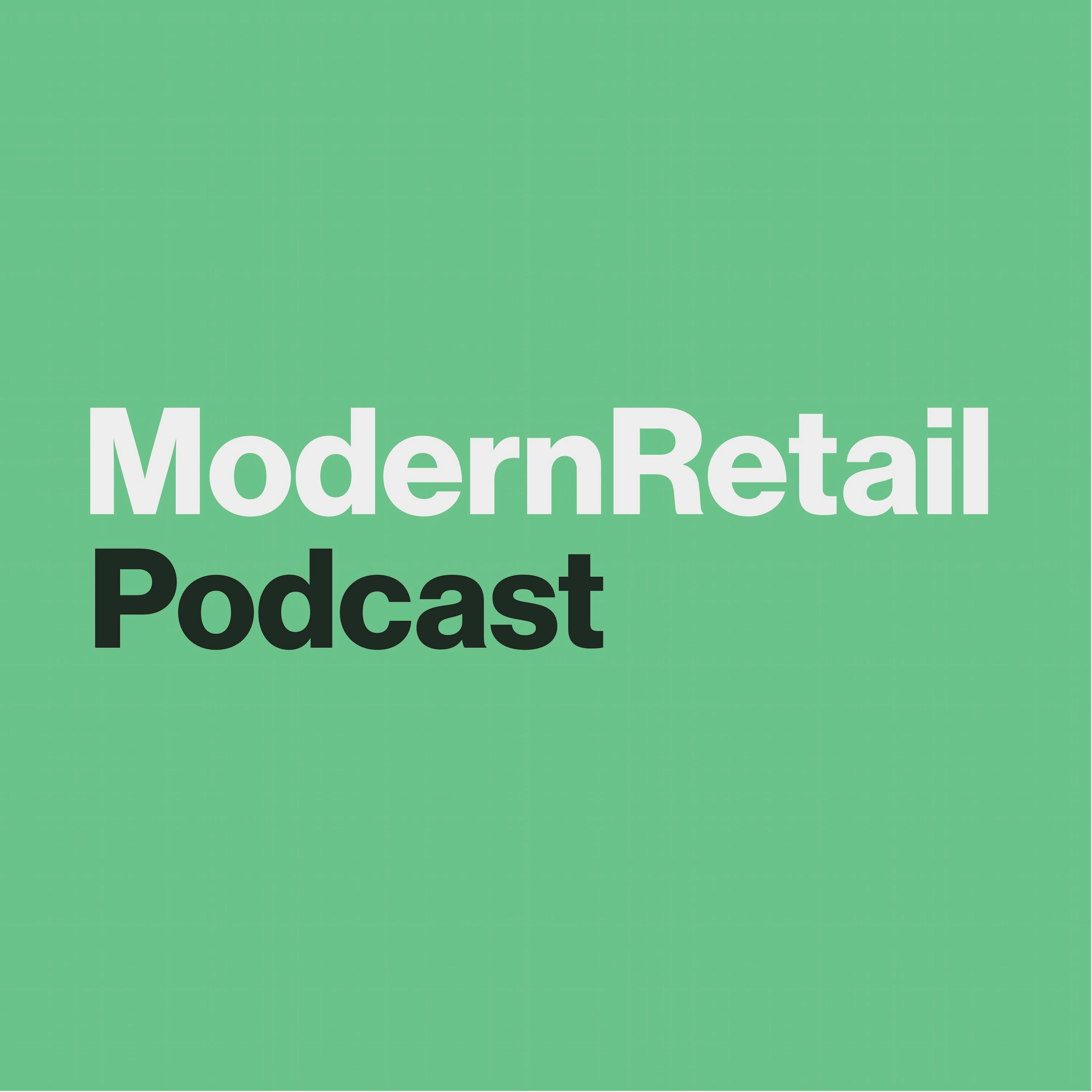We can't find the internet
Attempting to reconnect
Something went wrong!
Attempting to reconnect
'To traditionalists, we are inauthentic': Inkbox CEO Tyler Handley on changing the perception of temporary tattoos

Access AI content by logging in
Temporary tattoos are no longer relegated to children's birthday parties -- they're becoming a bigger and more widely accepted part of the body part industry.
Much of that is thanks to Inkbox, a Canada-based company that was acquired by Bic last January for $65 million. Inkbox's co-founder and CEO Tyler Handley joined the Modern Retail Podcast this week and spoke about the brand's growth and sales -- as well as the overall temporary tattoo industry.
Inbox uses an active ingredient its founders discovered in a fruit in Panama that leaves what looks like a tattoo mark on users' skin for one to two weeks. But the company's products don't work like traditional temporary tattoo offerings that put simple designs on pieces of paper. Instead, Inkbox partners with both celebrities like BTS and famous tattoo artists to sell customers' designs -- as well as grow out its own marketplace of designs where the creators can take a cut of the sales.
According to Handley, the majority of Inkbox sales come from its artist marketplace. "We have this artist marketplace with over 10,000 designs from over 700 artists from around the world who make collectively several million dollars a year selling tattoos on our platform, which we're always really proud to say," Handley said.
It took some time to get to this point -- the company is now seven years old -- and much of Inkbox's success was thanks to inroads it has made with the tattoo community. For example, early on the company opened its own permanent tattoo shop as a way to get to know more artists in the industry.
"We wanted to at least immerse ourselves in the authentic world of permanent tattoos -- to build more genuine connections with artists," Handley said.
It seems the strategy worked out given the growing marketplace and the Bic acquisition. And now that Inkbox is part of a much bigger company, Handley has big plans for expansion. This includes retail partnerships and more deals with bigger celebrities. "We're at a stage now where we can't just be direct-to-consumer," he said. Currently, Inkbox is sold in stores like Urban Outfitters, but Handley has plans to expand further.
But even with this growth has come some hurdles. For example, Instagram used to be Inkbox's primary acquisition channel. But recent privacy and algorithmic changes have made it much more expensive and less effective.
"It was really disheartening to see the greed of Meta affect our ability to get our content in front of consumers," said Handley. "Essentially you have to pay to get in front of anyone there now."
With that, now Inkbox is focused more squarely on channels like TikTok. "It's really authentic in terms of its entertainment and engagement. And it's a totally different way you have to approach it," he said.
With all of this, even more expansion is on the horizon. "[We're focused on] getting our lifetime value and basket size up by releasing new products -- we launched subscriptions three weeks ago," said Handley. "And soon we're launching some other products that adorn other areas of your body -- let's put it that way."
